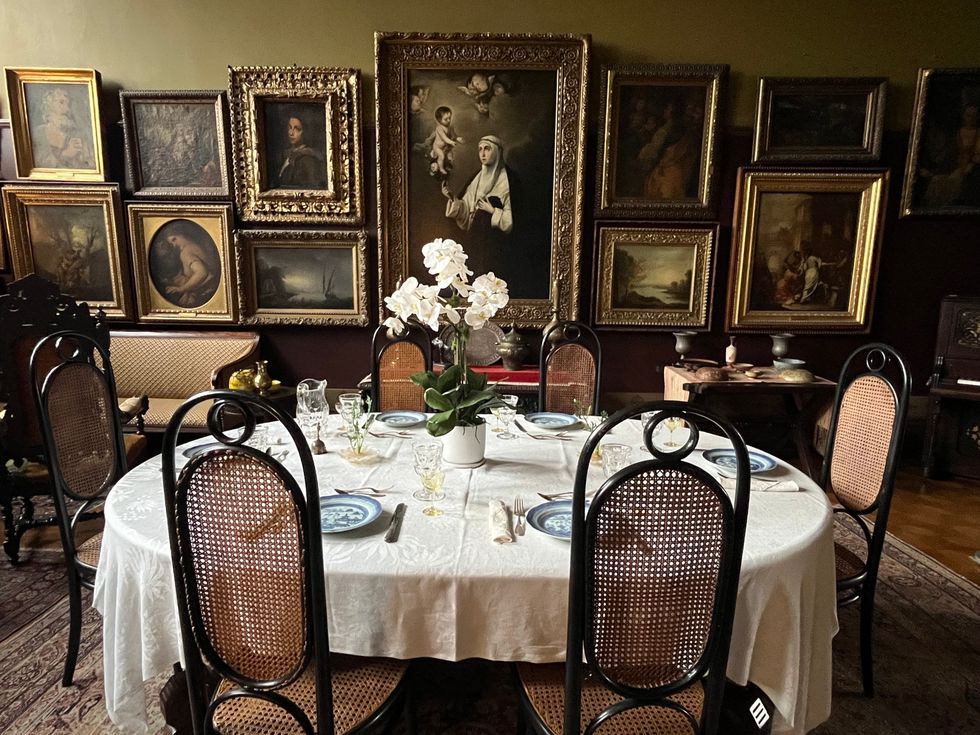Releasing resentments and regrets during the grief journey, a.k.a. forgiving, is a crucial element in healing and moving on. Grief and unforgiveness are siblings and the journey of sadness is frequently complicated with long or short-held resentments or regrets. We have all heard or said:
“I can forgive her for my part, but how can I forgive her for what she did to my loved ones?”
“Forgive him? After he died on me? I just can’t right now.”
“I cannot forgive myself. I know being upset is pointless, but I can’t forgive myself for missing all those clues.”
“I would like to forgive and forget, except every time I think about this, I get so angry.”
“Oh, I forgave them a long time ago, but I sure haven’t forgotten.”
All of these expressions illustrate, I offer, a significant misunderstanding about what forgiveness is and what it is not. It is my proposition that it is this misunderstanding, and not the nature of forgiving, which makes it appear hard to do.
In detective stories, the plot can hinge on an innocent character who resembles the perpetrator and is mistaken for that person. This causes confusion and chaos. Usually, it gets sorted out in the movie; in real life, not so much. If we misidentify forgiveness and think it is one thing when it is something very different, we can feel blocked from experiencing the freedom it provides, not because forgiving is hard, but because we have misunderstood it.
In fact, forgiveness has little or nothing to do with another person or group. Forgiving does not mean you lost and “they” won. Releasing resentments and guilt does not relieve anyone of responsibility.
One definition of “forgive” is “to cease harboring resentment against;”in other words, to stop throwing the logs on the fire which happens inside oneself, not ‘out there somewhere.’ Releasing resentments and regrets benefits the forgiver who can be unburdened and free.
Harboring resentment is active; something is harbored to keep it safe and close. Grief survivors can beat up on themselves for a long time, prolonging the journey through pain unnecessarily. The repetition of theoffense also makes it bigger and it can get larger over time.
When someone has lost a loved one, guilt usually surfaces for some period of time. I sometimes think it may be the way we stay connected to our loved ones, albeit not an especially healthy way. If only I hadn’t said/done/ignored this or that (…maybe they would not have died).
After a while in the safety of the grief groups, hidden upsets and anger at the deceased can be spoken and something gets completed.
Released. No more harboring resentment.
Forgiving self and other is a major component of whole-making for the bereaved as they begin to discover a new world which they did not want but which they have. To summarize:
1. Suffering continues by replaying a “grievance story.”
2. This ceases when we are willing to cease harboring resentment.
3. Releasing resentments does not condone anything and in fact, has nothing to do with another person or group.
4. Forgiving frees the forgiver. Choice is then possible. New avenues of exploration can begin to open.
5. The past recedes gradually, the loved one is integrated into the survivor’s life, and living in the present becomes an option.
After forgiving what becomes available for the bereaved, and for anybody, is self-expression and vitality, as well as adventure and personal power. Participants in the grief support groups often discover new skills over time, partly because they must. But as they process loss and release upsets, new interests often arise. One woman had a wonderful husband she adored and who preferred they keep to themselves, which was fine with her. Initially distressed about her small circle of friends after he died, she let that go and discovered how much she loved to entertain, a real transformation. She puts fresh flowers next to his photo every week, and then plans the next party.
The Rev. Dr. Eileen L. Epperson has lived in Salisbury for 20 years. She is a Life Coach specializing in grief support, forgiveness, communication coaching, and facilitating grief support groups. Reach her at elethegriefjourney@gmail.com.

 A window at Olana.By Brian Gersten
A window at Olana.By Brian Gersten The dining room at OlanaBy Brian Gersten
The dining room at OlanaBy Brian Gersten
 Rumsey Hall competes in the Berkshire Hills Ski League.Photo by Tom Brown
Rumsey Hall competes in the Berkshire Hills Ski League.Photo by Tom Brown There was lots of fresh powder on Mohawk Mountain Jan. 28 after approximately 20 inches fell earlier in the week.Photo by Tom Brown
There was lots of fresh powder on Mohawk Mountain Jan. 28 after approximately 20 inches fell earlier in the week.Photo by Tom Brown

















Forgiveness: A case of mistaken identity
A Grief Journey